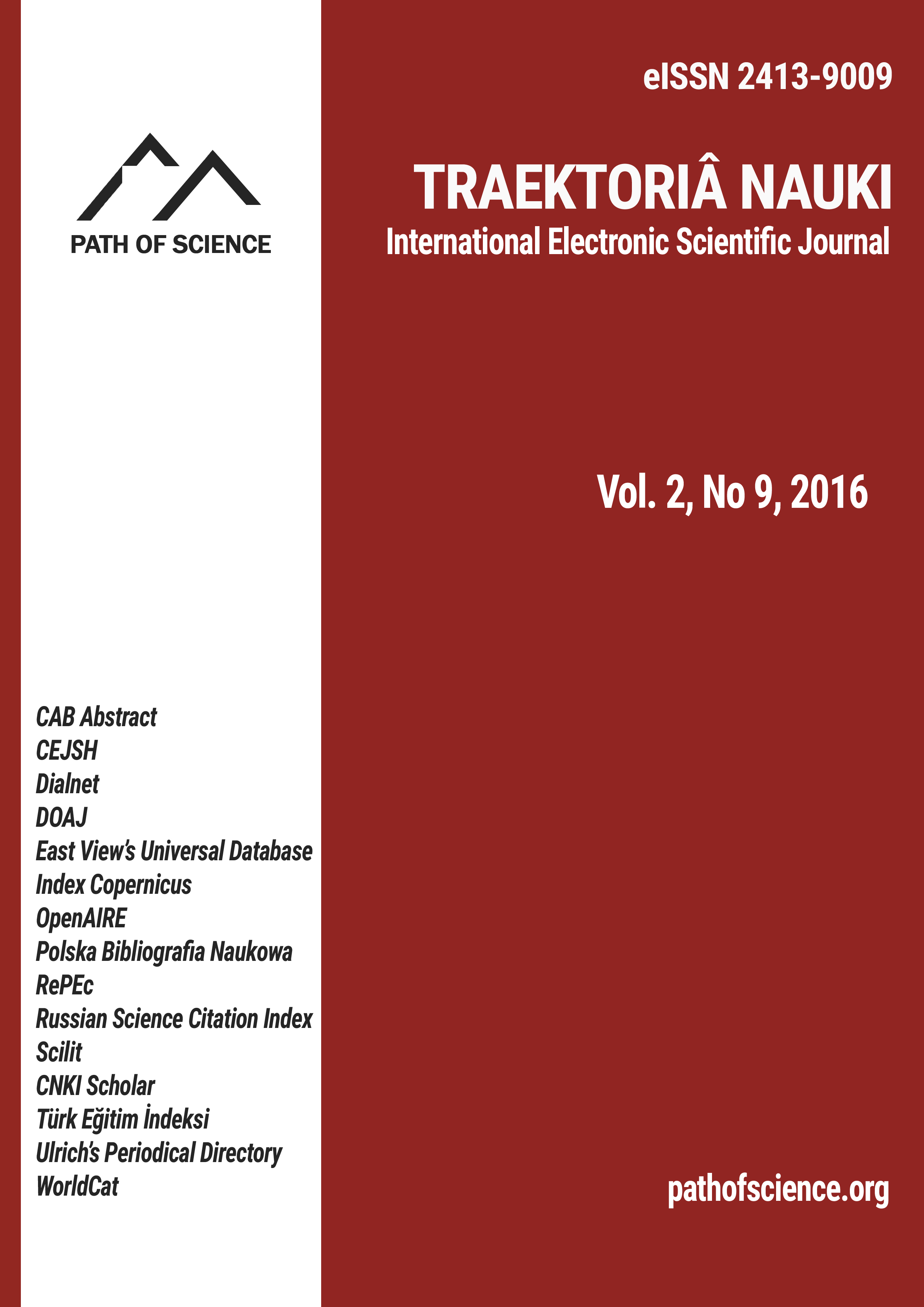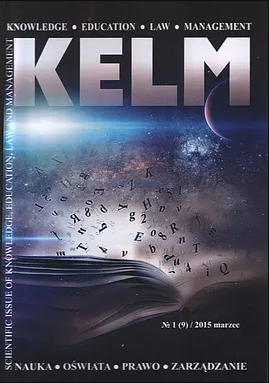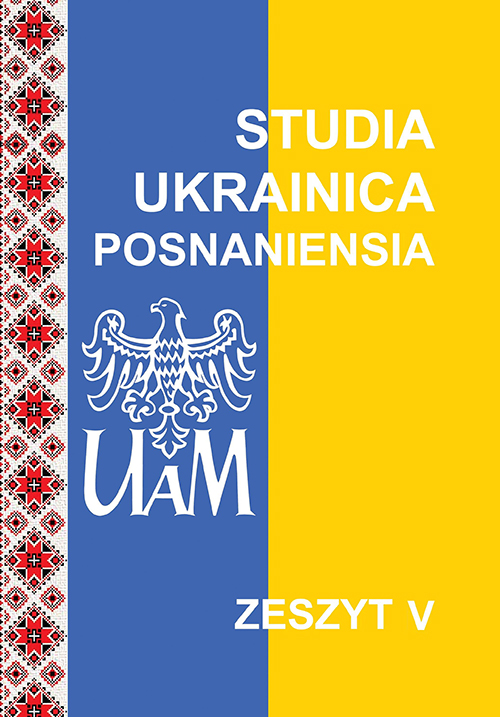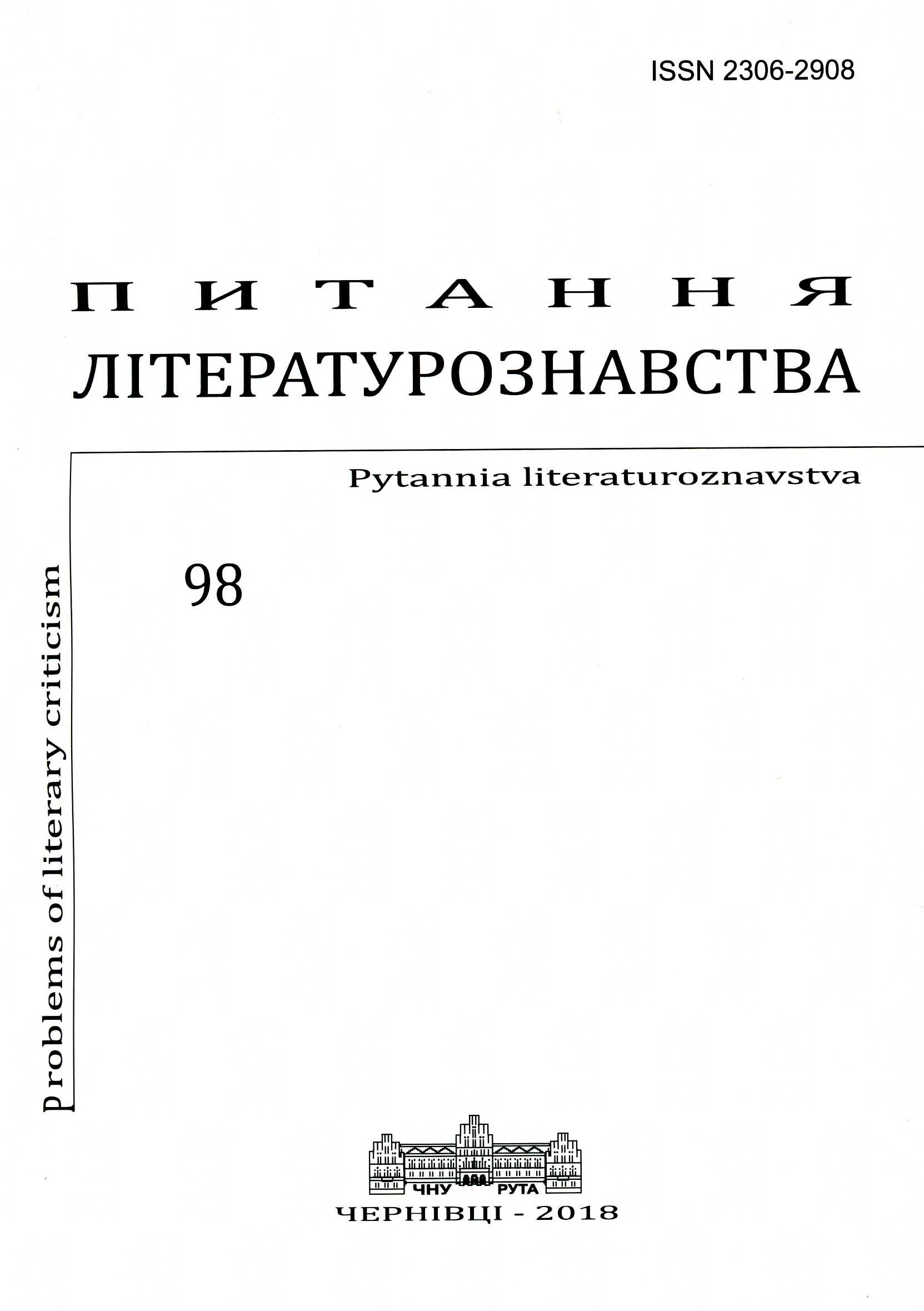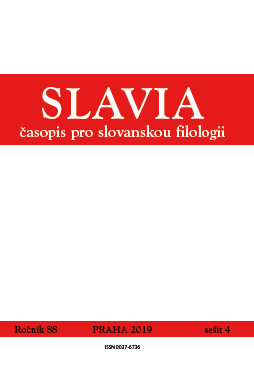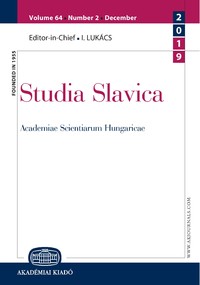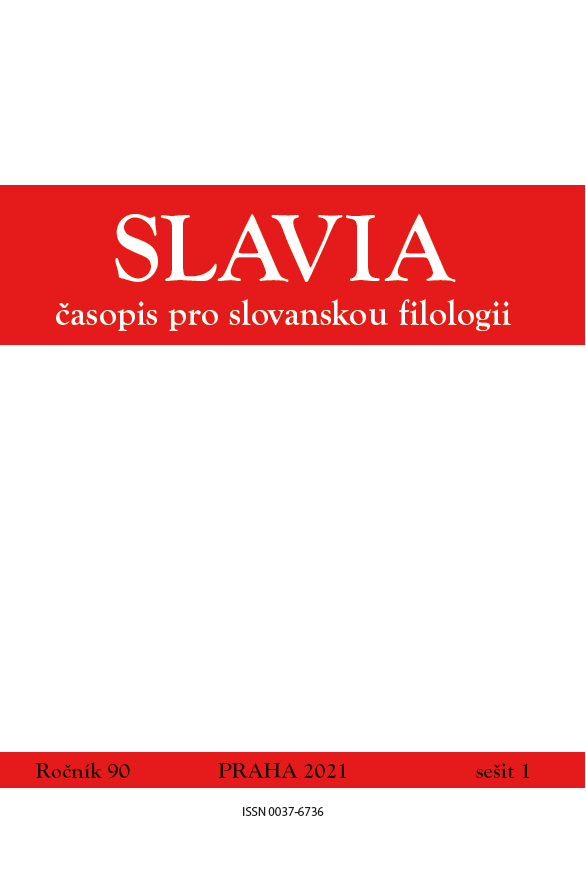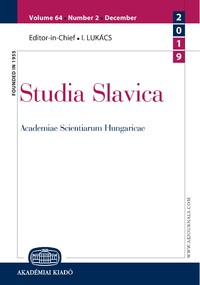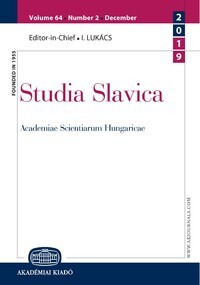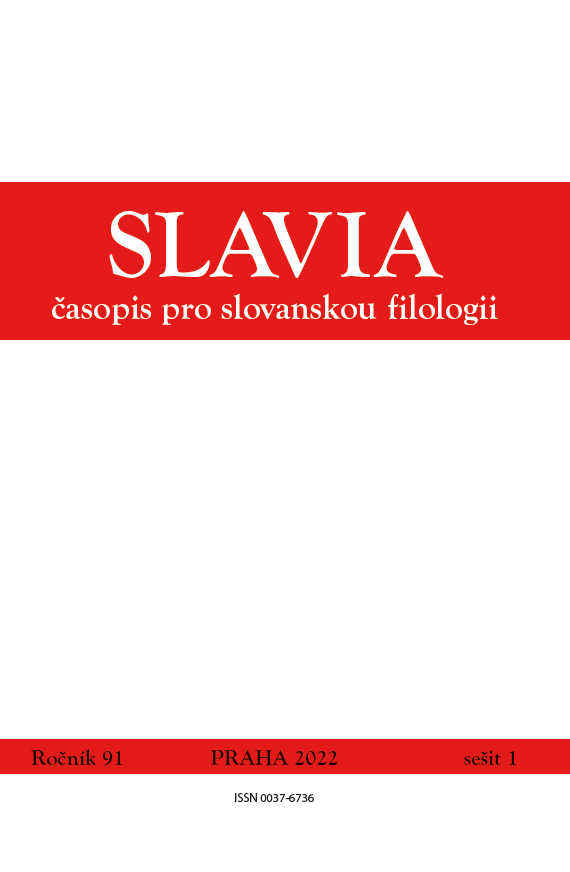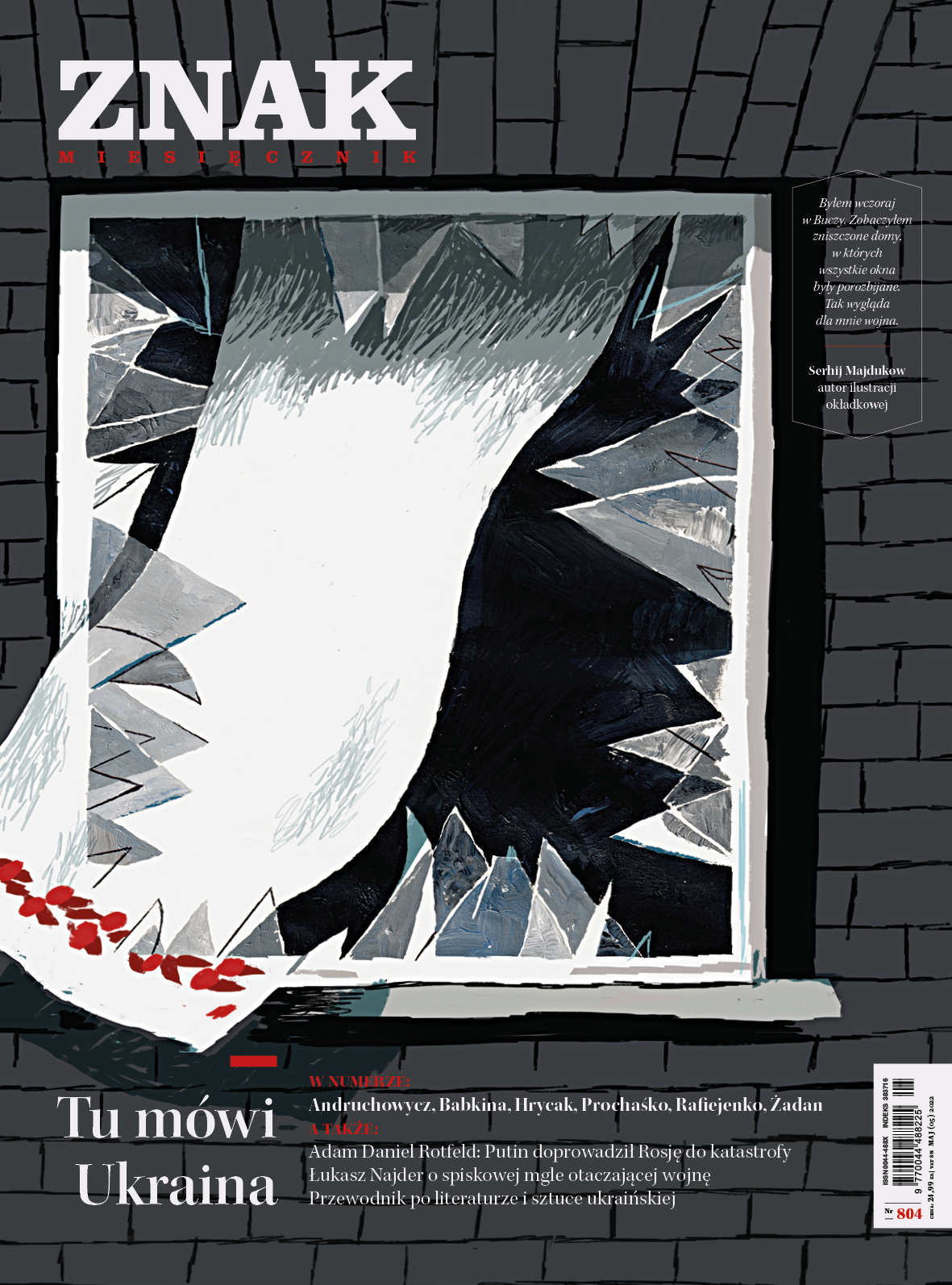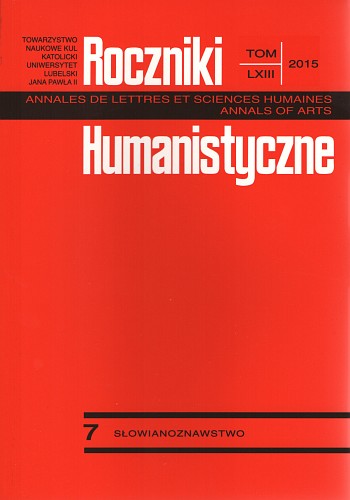
Культурний синкретизм як форма реалізації ідеї діалогу та гармонії в поетичній творчості київських неокласиків
This article concerns itself with the way(s) the Kiev neo-classicists school treated many cultural sources of foreign origin. The essay argues that cultural syncretism, defined as organic blending – in artistic texts – of separate elements, constitutes a specific form of expression through which to render the idea of dialogue and harmony of diversities. This is exemplified by Neo-classical poetry analyzed with regard to multicultural elements existing on various levels of the text (foreign words, the works’ titles; mottoes, names etc.) and by intertextual analysis. The article discusses semantics, origin, ways of deployment and symbolism of incorporated elements as well as their function in determining the meaning(s) of the text. It also demonstrates the role of creative strategy of ‘playing’ with a different text, introduced into poetry as intertext. This study takes into consideration the function of footnotes as one type of paratexts. An examination of cultural syncretism indicates an integrating role of culture and a system of humanist values the Neo-classicists promoted, simultaneously referring to European classics and updating their universal values. The author claims that cultural syncretism – in an immanent way – stresses the idea of equality of intercultural relationships and also constitutes a conceptual model of communication whose basic categories are represented by dialogue, tolerance, harmony and solidarity. This model’s practical value lies not only in the realm of art, but also in the social sphere and international relationships.
More...
